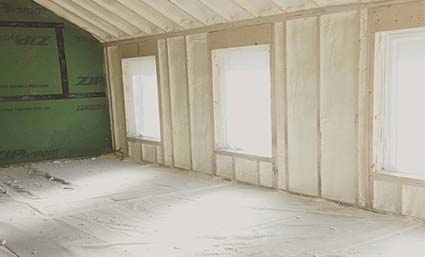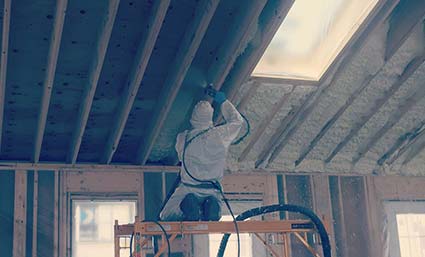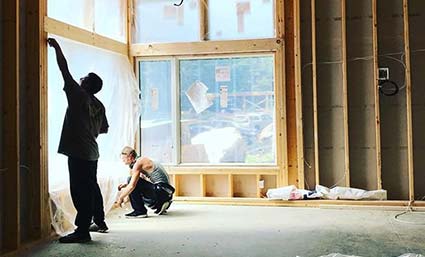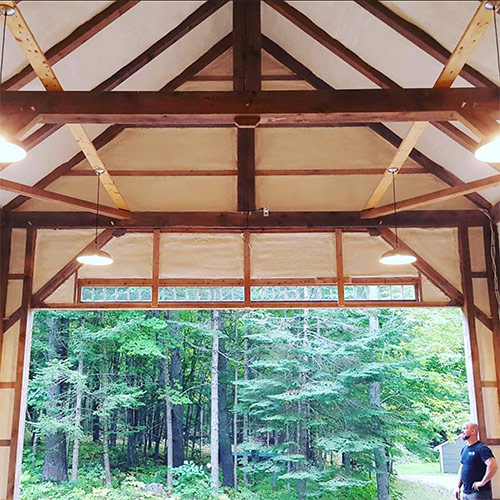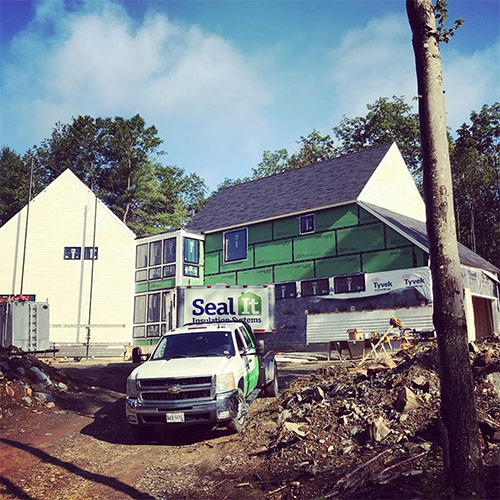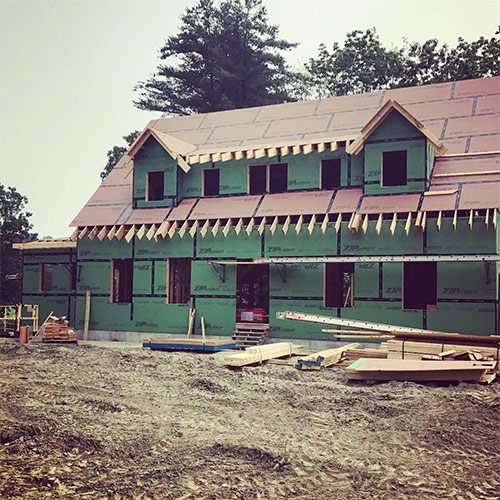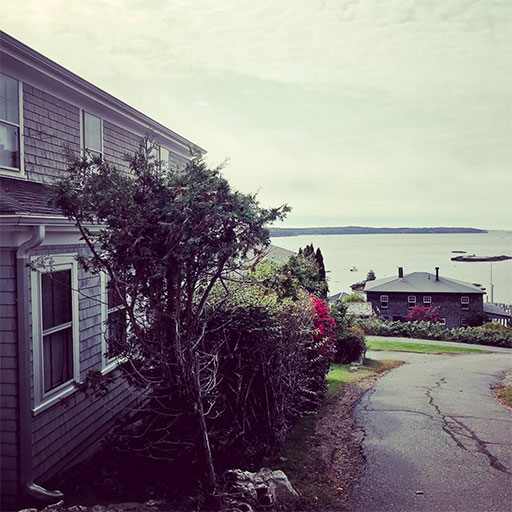As a homeowner in Maine, it’s essential to ensure your property is adequately protected from the region’s unique climate challenges. One crucial aspect of maintaining a secure and comfortable home is understanding the importance of vapor barriers for your attic or basement.
In this post, we’ll explore what vapor barriers are, their benefits, and whether they are necessary for your Maine home or build. We’ll also learn about crawl space, basement moisture control, and practical insights for a healthier home.
What’s a Vapor Barrier?
Before we dive into whether your attic or basement requires a vapor barrier, let’s understand what a vapor barrier is and its purpose.
A vapor barrier is a specialized material or layer strategically integrated into building structures to effectively manage moisture. By preventing the movement of moisture-laden air through walls, ceilings, or floors, a vapor barrier acts as a safeguard, restricting water vapor transfer and helping to maintain optimal moisture levels within your home’s interior.
The Importance of Vapor Barriers in Maine
Maine’s climate is uniquely characterized by its cold winters and humid summers. In such environments, temperature fluctuations and the presence of moisture can lead to condensation inside homes, causing several potential problems, such as:
- Mold and Mildew Growth: Elevated humidity levels can create an environment conducive to mold and mildew growth, which won’t only compromise your home’s structural integrity, but also pose health risks. Effective moisture control through proper ventilation and vapor barriers is key to mitigating these issues.
- Structural Damage: Excess moisture can weaken wooden structures, causing them to warp, rot, or develop other related problems. This can compromise the integrity of your home and lead to expensive repairs. However, a robust vapor barrier aids in preserving the soundness of your home’s framework.
- Decreased Energy Efficiency: Unregulated humidity can make your heating and cooling systems work harder, leading to higher energy bills. A vapor barrier contributes to a balanced indoor environment, optimizing energy efficiency.
Attic Vapor Barriers in Maine
The need for a vapor barrier in the attic largely depends on its architectural configuration. Installing a vapor barrier is less critical in traditional ventilated attics, where outside air can freely flow in and out — the ventilation allows moisture to escape, reducing the risk of condensation.
Conversely, unventilated attics —characterized by insulation situated beneath the roof deck rather than the attic floor — can benefit significantly from a vapor barrier. By strategically placing a vapor barrier on the warm side of the insulation, you effectively curtail the potential for condensation resulting from the interaction of warm, moisture-laden air and the cooler roof deck.
Basement Vapor Barriers in Maine
Basements are more susceptible to moisture-related concerns due to their below-ground-level positioning. Basements are at risk of high humidity levels in Maine, where the ground can retain moisture. Installing a vapor barrier along the interior walls of your basement serves as a proactive measure to prevent water infiltration.
It’s essential to note that basements with proper exterior drainage and waterproofing will be better equipped to manage moisture, thereby potentially reducing the need for an interior vapor barrier.
While Maine’s humid continental climate does pose challenges, the need for vapor barriers within attics and basements varies based on their architecture. While ventilated attics often require less intervention, unventilated counterparts significantly benefit from vapor barrier integration.
To make an informed decision, it’s best to consult a professional vapor barrier contractor who can assess your home’s unique requirements and recommend the appropriate measures to protect your property from moisture-related issues. Remember, a well-maintained vapor barrier can contribute to a healthier, more comfortable, and energy-efficient home in Maine.
If you’re ready to learn whether your home is ready for insulation, get a free quote from Seal It Insulation Systems today!

